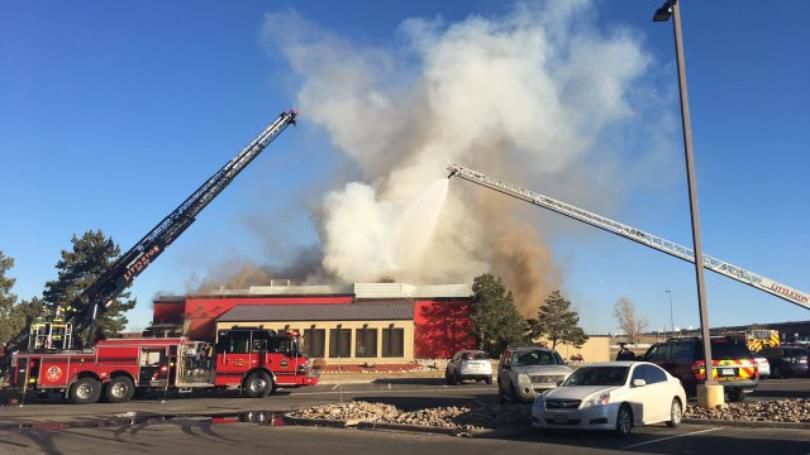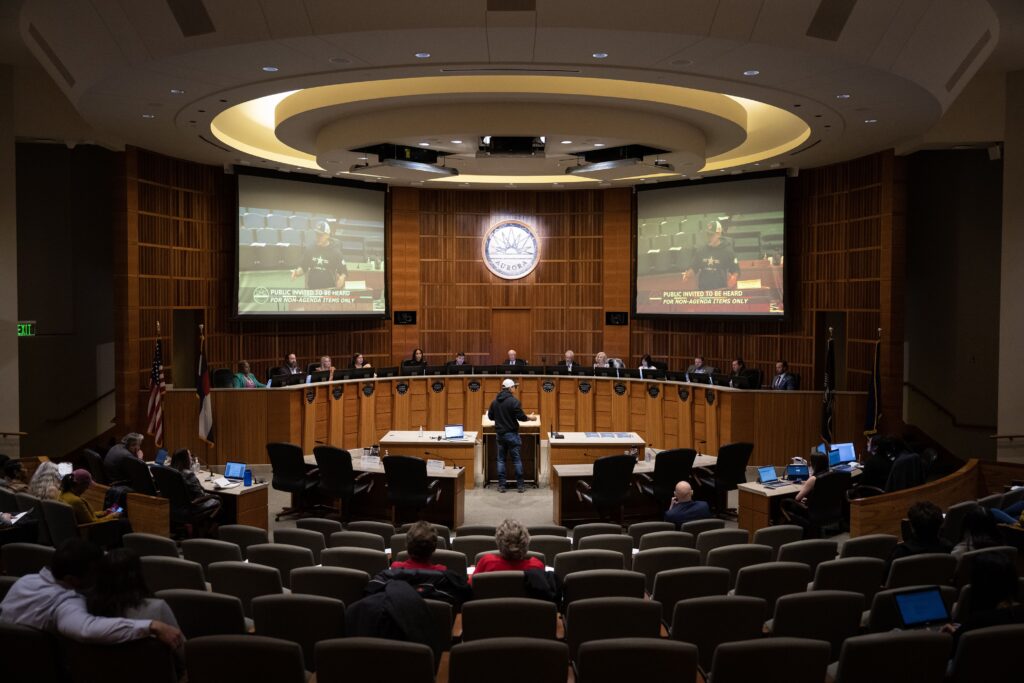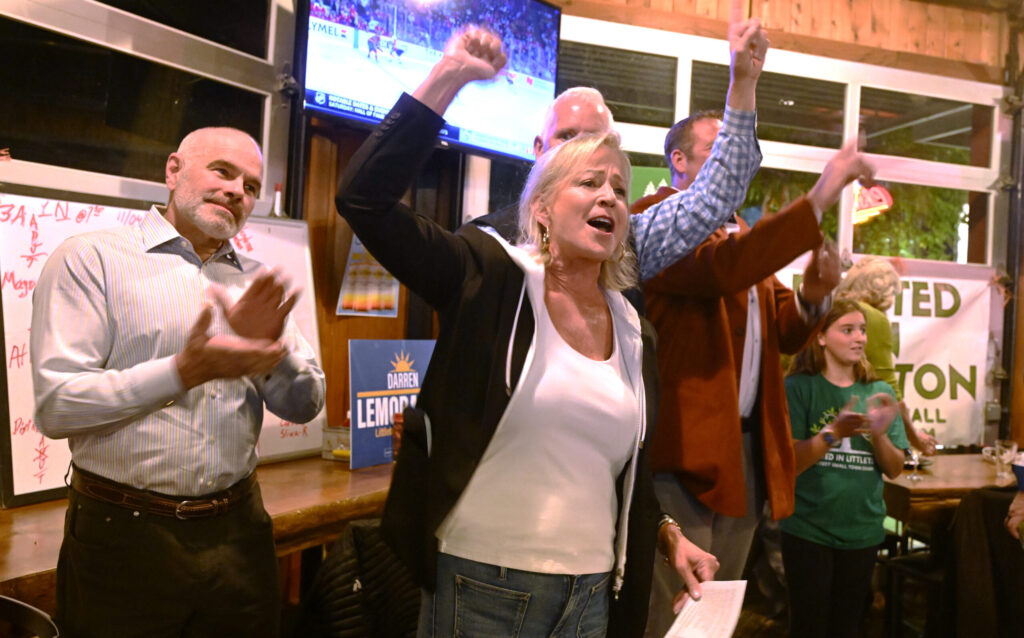Appeals court finds fault with restitution orders across multiple jurisdictions
Colorado’s second-highest court has determined four different trial judges incorrectly ordered defendants to pay restitution to victims, reversing more than $2 million in monetary compensation.
Under state law, convictions for felonies, misdemeanors or other minor offenses must take into account restitution payments for victims. Anyone who is harmed by a defendant’s conduct is a victim, and restitution is aimed at losses the defendant is liable for, which can then be calculated and compensated monetarily.
Judges must issue their restitution orders within 91 days of sentencing, or else find good cause to extend the deadline. Unless a defendant agrees otherwise in a plea deal, courts cannot order restitution payments for charges that prosecutors ultimately dismiss because defendants are presumed innocent of uncharged crimes.
A series of decisions last week from the Court of Appeals found trial judges misapplied multiple facets of the restitution framework — the timeliness of the decision, payments for dismissed charges, whether the defendant caused a particular loss, and who qualifies as a “victim.”
Causation
Brandon Joseph Clements pleaded guilty in Weld County to identity theft, after he walked into a business owner’s workplace and stole his laptop and wallet. Clements used the credit, debit and gift cards inside the wallet to make purchases, although the victim was not personally liable for those expenditures.
Prosecutors requested $3,427.83 in restitution, which included the value of the gift card, cost of replacing the victim’s driver license and the “lost wages” of the victim, who had to spend time contacting credit card companies and obtaining video footage for police.
More than half of the restitution, however, was attributed to the home security system the victim installed between the theft and Clements’ arrest. The victim testified the thief would know his home address from the stolen driver license. Because the victim was going on vacation soon after the theft, he “thought it was necessary” to implement home security measures against the at-large culprit.
District Court Judge Julie Hoskins agreed the security system’s installation was directly related to Clements’ actions and included it in her order of restitution.
A three-judge panel for the appellate court felt otherwise, explaining that general feelings of insecurity were not the types of expenses for which victims could receive compensation. Here, wrote Judge David J. Richman in the June 9 opinion, there was no information to suggest Clements knew the victim would be on vacation and was prepared to strike again.
“The mere fact that the victim’s stolen wallet here contained his driver’s license, which listed his home address, is of little significance,” he added. “There is no evidence indicating, for example, that Clements had obtained keys to the victim’s home, or a garage door opener that would allow access.”
The panel upheld the “lost wages” portion of Hoskins’ order, clarifying that the compensation was actually for the time the victim and his office manager spent responding to Clements’ theft. In total, the appellate judges revised the restitution amount down to $497.39.
Dismissed charges
Denver police arrested Joseph M. Sanchez for driving a stolen car. While inventorying the vehicle, officers found a checkbook belonging to the car’s owner. One check, with a forged signature, was made out to Sanchez, but was not yet cashed.
As part of a plea deal, Sanchez pleaded guilty to possession of a forged instrument and prosecutors dismissed the vehicle theft charge. The government sought a total of $5,147.07 in restitution — $500 of which was for the victim’s deductible and the remainder was intended for the victim’s car insurance company in repair costs.
District Court Judge David H. Goldberg held a hearing more than six months after Sanchez’s sentencing and awarded the full amount.
The Court of Appeals overturned Goldberg’s order after noting the losses encompassed in the restitution payment were exclusively related to the dismissed vehicle theft offense. Sanchez’s plea agreement included no terms holding him accountable for paying restitution for that charge.
The panel also found Goldberg had ruled on the restitution amount more than three months beyond the 91-day deadline. The judge had not made any contemporary findings of good cause to exceed the window, and he therefore had no authority to issue his order.
Timeliness
Rebecca Jeanette Champigny stole her father’s car, which she used to strike Jenny M. Carrillo in a shopping center parking lot in Fountain. Carrillo later died from her injuries.
An El Paso County jury convicted Champigny of several charges and then-District Court Judge Robert L. Lowrey ordered restitution 121 days after sentencing. The payments totaled in excess of $7,800.
The Court of Appeals concluded the lack of good-cause findings meant Lowrey could not order restitution beyond the 91-day deadline. It vacated the award.
Who is a ‘victim?’
Scott Pack attempted to disguise his illegal marijuana grow operation, pitching Harmony & Green to investors as a real estate opportunity that would lease commercial properties to licensed cannabis cultivators. An Arapahoe County jury concluded that, in reality, the company’s warehouses were illegally producing marijuana for sale on the black market.
Then-District Court Judge Michael Spear ordered approximately $2.5 million in restitution payments to four of Pack’s investors. On appeal, Pack claimed that because the victims committed federal crimes by investing in marijuana, they were not “victims” and were consequently barred from receiving compensation.
“The General Assembly really intended to preclude people who were accomplices of defendants, people who were involved in the same criminal scheme, from recovering restitution. But that doesn’t apply to these victims here,” countered Assistant Solicitor General Brittany L. Limes to a panel of the Court of Appeals.
In the panel’s analysis, the appellate judges determined the four investors were not accountable for the offense Pack committed, so they were indeed the victims of his securities fraud. However, Colorado law excludes as victims those who are also responsible for “a crime” arising from the same behavior.
“The problem here is that knowingly investing in a company that was ‘directly tied in with the growing and marketing of marijuana’ violates federal law,” wrote Judge W. Eric Kuhn for the panel.
Because two of the investors, James Hay-Arthur and Kyle Kolb, knew they would be investing to support Pack’s marijuana business, they were breaking federal law — even though Pack represented his enterprise was legal in Colorado. The outlawed status of cannabis on the federal level meant Hay-Arthur and Kolb were responsible for a crime arising from the criminal conduct in Pack’s case, and they were not victims entitled to restitution.
The appellate panel reversed the $2 million in restitution Spear had awarded to Hay-Arthur and Kolb. Prosecutors offered the two men immunity for testifying in the case.















